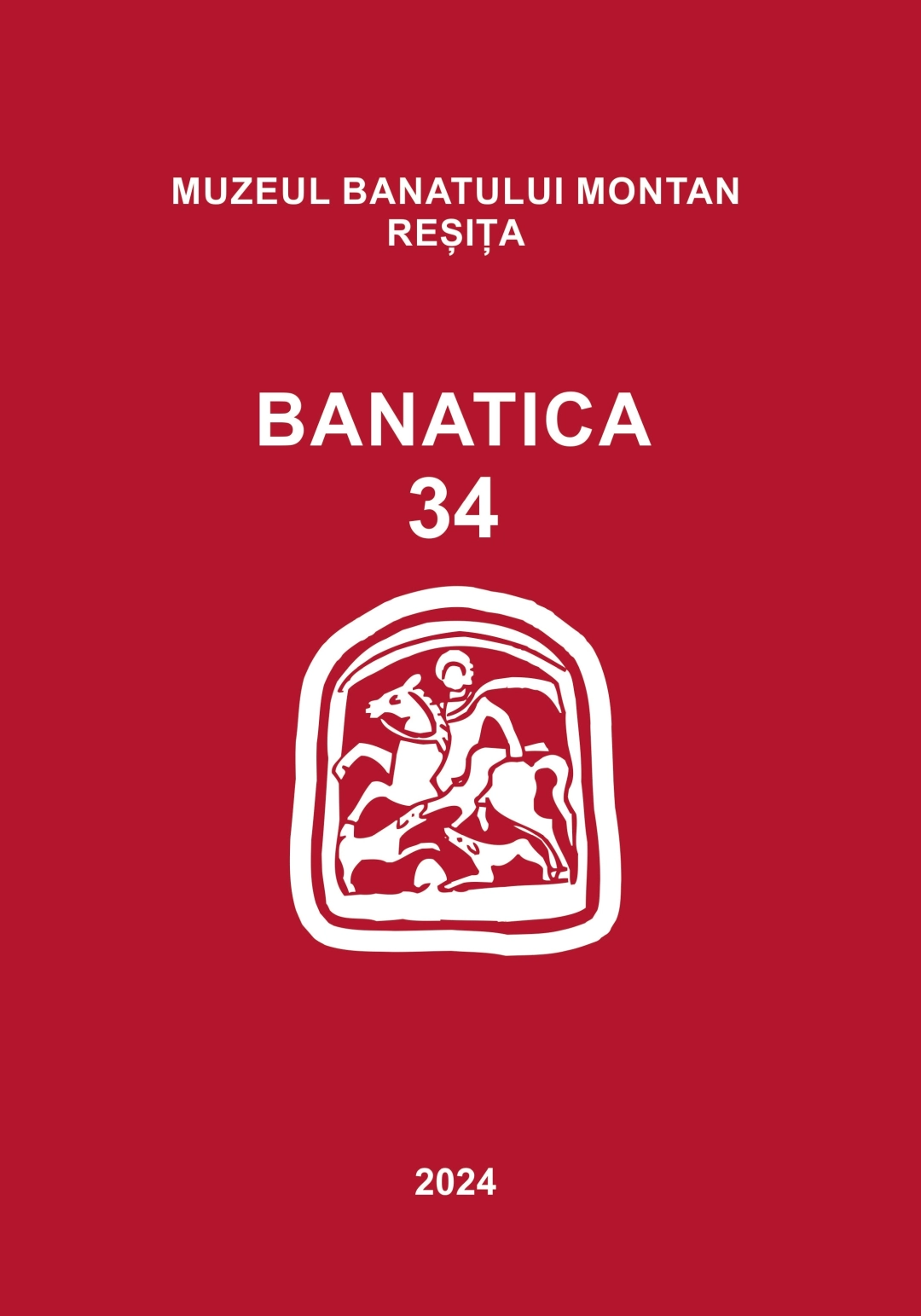Filiala clujeană a Grupării Femeilor Române (1930–1940). Studiu de caz
Cluj branch of Romanian Women’s Group (1930–1940). A Case Study
Author(s): Ghizela CosmaSubject(s): History, Gender history, Recent History (1900 till today), Interwar Period (1920 - 1939)
Published by: Editura Mega Print SRL
Keywords: women movement; Romanian Women’s Group; Cluj; interwar period;
Summary/Abstract: In the context of women gaining electoral rights through the Administrative Law of August 3, 1929, and the debates surrounding the exercise of these rights, Alexandrina Cantacuzino founded the "Romanian Women's Group" on April 7, 1929, advocating for keeping women out of political parties in order to ensure freedom and unity of action. A branch was established in Cluj on May 12, 1930, with members from the leadership of other women's organizations, including professionals (teachers, doctors) and wives of representatives from the local Romanian elite. Though modest in number, this branch held symbolic value. The central doctrinal figure of the Romanian Women's Group was Alexandrina Cantacuzino, who combined nationalism with a tendency toward authoritarianism, embracing both eugenics and antisemitism. The ideological affinity of some women in Cluj was shaped by local historical realities in a new political-state context after 1918, which continued to fuel nationalist aspirations and expressions. For them, the Romanian Women's Group represented an attractive formula for the emancipation of women. Within society, an architecture of authority existed, ensuring the privilege of the center in its relationship with the branch. This close relationship was also influenced by the connection between Alexandrina Cantacuzino and Sofia Mete, a great admirer and supporter. As part of a propaganda society, the branch acted through conferences, public meetings, appeals/memoranda to authorities, and propaganda via posters, pamphlets, and the press. The struggle for women's political rights dominated the early period of the branch's activity, gradually expanding to include other areas of interest and activism, such as issues with demographic and ethnic impact: abortion, venereal diseases and the fight against them, mixed marriages, as well as problems related to youth education and peasant women, and home economics. The Cluj branch of the Romanian Women's Group transformed the fight against revisionism, combined since 1935 with anti-communism, into a major action goal. In 1940, it fully dedicated itself to national defense, strengthening and supporting the national potential of moral and material arming.
Journal: BANATICA
- Issue Year: 1/2024
- Issue No: 34
- Page Range: 529-558
- Page Count: 30
- Language: Romanian

